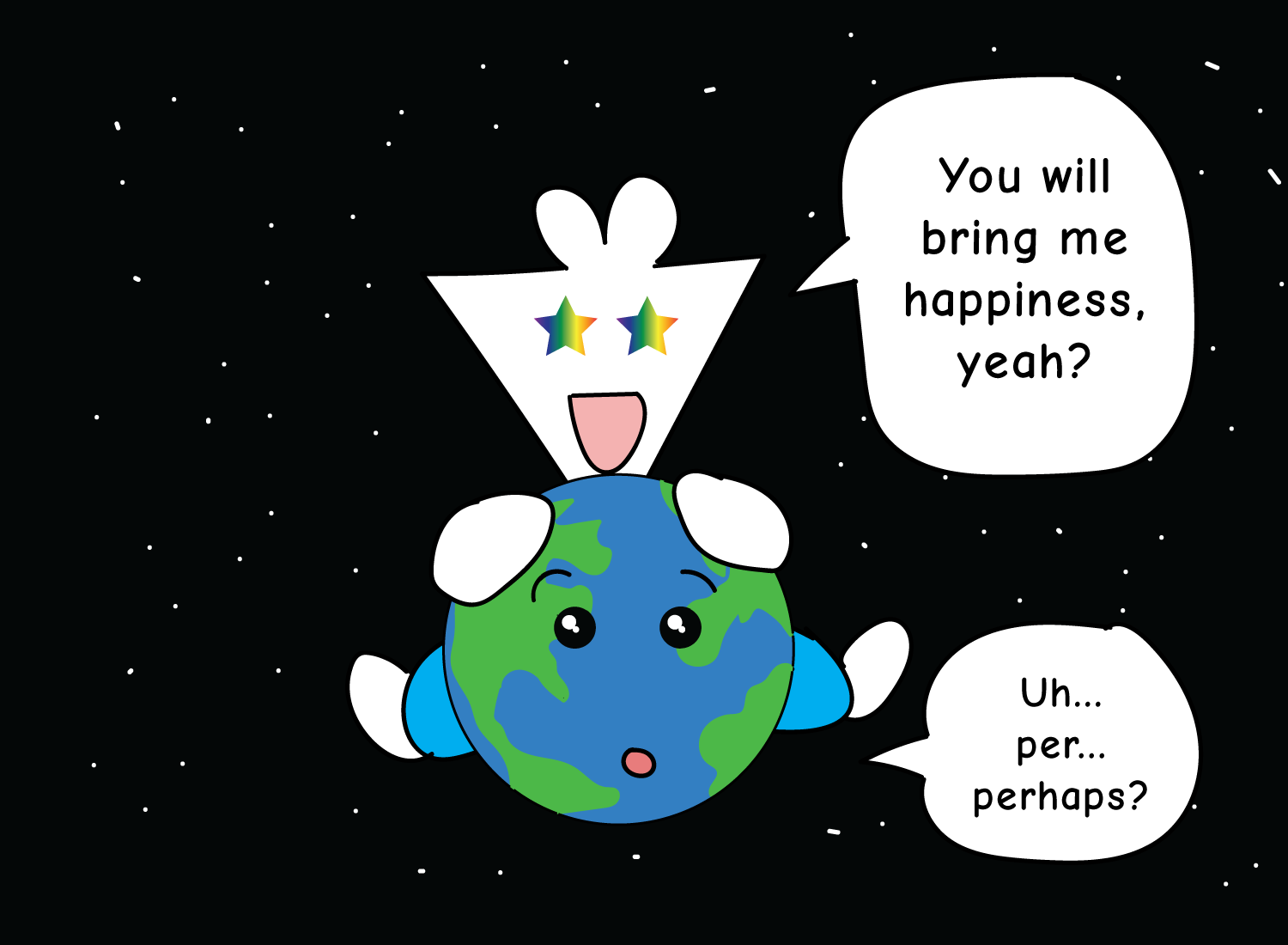The key to happiness seems to be related to the use of all our senses and pay attention to the information that runs through them: developing a present and complete consciousness. Several researches on positive psychology argue that psychological well-being feeds on the ability to focus your mind on what’s happening at the present moment you’re in.
Living the present moment requires a constant and progressive work of the mind itself, after all a mind that has not been formed tends by nature to disperse, we live for the next thing that will happen and this leads to various emotional mismatches.
- When our minds are constantly concerned about the future.
- Anxiety takes hold of our present.
- And when the spirit lives anchored in the past.
- Sadness and despair take hold of our day.
People are fragile when they continue to ask questions about the past and the future, and we are strong when we live our own daily lives without fear. The past and the future exist only in our thoughts, so what is truly real is in the present.
“Don’t dwell on the past, don’t dream about the future, focus your mind on the present. -Buddha Buddha-
Dr Andrew Newberg, a neuroscientist at Thomas Jefferson University, and Mark Robert Waldman, a communications specialist, point out that living a life focused on the present can change the brain. The current word has the power to influence physical and emotional balance. Tension.
When we focus only on the tasks at hand, we can change the way the brain works. By focusing on life in this way, we improve cognitive reasoning, which contributes to strengthening areas of the frontal lobe.
The use of positive words focused on what we do activates the brain’s motivation centers and pushes them to action; At the other extreme, when we use words to remind ourselves of the past or to anticipate what we are going to do, some neurochemicals, such as cortisol, help control stress and anxiety.
When we use negative words to remember our past, the center of the brain’s fear is activated, the amygdala, when these words become thoughts, fear is triggered, even if the situations that provoked it are not present.
The human being is initially programmed to be concerned, it is part of our primitive brain that protects us from dangerous situations, in fact, what was fundamental 10,000 years ago for our survival, today it is an overuse that only causes us anxiety about what can not really act yet, because it does not yet exist, and there is a good chance that it never exists.
Always be aware of what you are doing, at all times there is real power.
We can imagine that one day we will be happy or remember moments when we were happy, but the truth is that we can only be happy when we live, this does not mean that we should not set goals or organize our lives, but should not become a form of dilation when we enter into the reality around us, either to enjoy them or to transform them.
Accepting things as they are, without judging them and focusing them on our minds in the present moment, is a way to control the wandering thoughts that take us away from mindfulness, if we can’t stop them from appearing, at least we’ll have to leave them. they pass when they appear, without sticking to them.
Remembering the negative circumstances of the past diminishes our enthusiasm, optimism and therefore bitters us in the present moment, limiting our potential and dispersing our energy. Even memories of positive circumstances, if recurring, affect the enjoyment of the present moment. , because they imply a sense of nostalgia, this idea that all the past time was better.
The present is the only place where we can act on reality, where our days are reality and where we find opportunities, the first step in connecting is to control acts as present and natural as breathing, it is only with this act of consciousness that our senses can be opened.
Images courtesy of Claudia Dinora.

